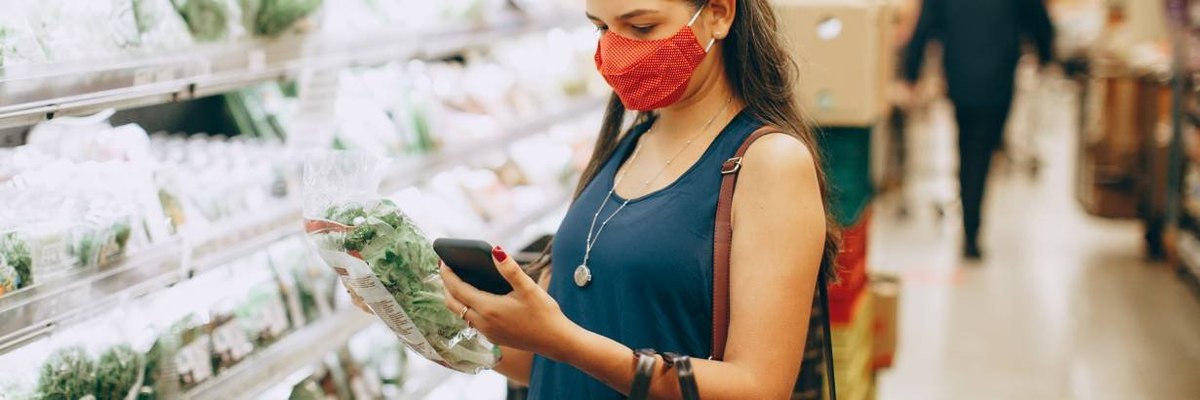Many households report feeling the impact from rising living costs since the onset of the pandemic
Inflation in the UK saw its largest month-to-month jump on record, rising from 2% in July to 3.2% in August. The rise in living costs comes as businesses struggle with worker and supply shortages.
Price hikes have not gone unnoticed, according to Britons. Among those who buy fuel, three quarters (77%) say they’ve noticed it becoming more expensive since the start of the pandemic, including three in ten drivers (31%) who report a ‘major increase’.
Three in four consumers (75%) have likewise seen their household bills go up, among whom 17% have noticed a considerable rise. But many Britons are to see their bills increase even further, with energy payments rising on 1 October. The hike comes after prices on the UK’s wholesale electricity market surged to a record high in August.
Groceries have also added to higher livings costs since the start of the pandemic, the survey shows. Seven in ten people (72%) have noticed prices rise or product sizes shrink. This includes one in seven people (14%) who say there has been a ‘major’ increase, while three in ten (30%) regard it as ‘moderate’, and a quarter (27%) as ‘minor’. These figures come as the ONS reports that the price of food and drink in shops and supermarkets increased by 1.1% on the month in August, which is the highest rate of growth since 2008.
Meanwhile, around half of people who normally eat (53%) and drink (51%) out, say they’ve noticed prices in restaurants and pubs rising since the start of the pandemic.
Among the ten types of expenses included in the survey, people were least likely to notice an increase in the cost of public transport. Only three in ten public transport users (30%) have noticed their fares going up, although among Londoners who are the most reliant on buses and trains, this figure rises to 44%. For them the worst is yet to come, however, with public transport fares set surge by 4.8% in January.
See the full results here









